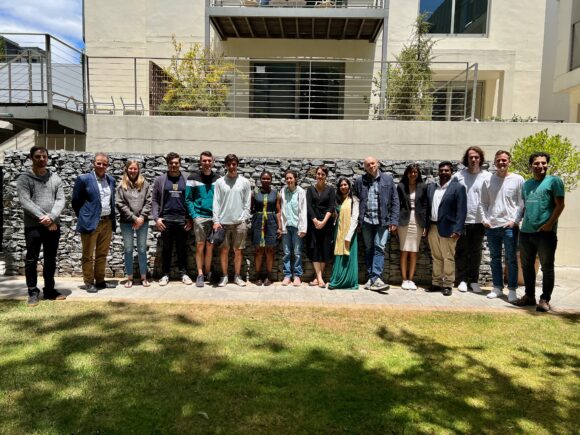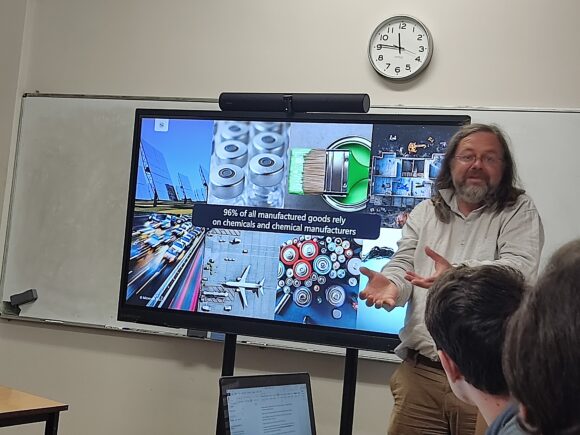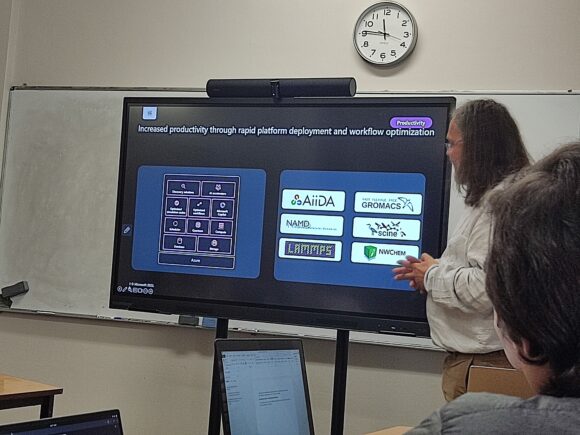
Our research group recently held an unconference, which was a great success. We spent a whole day together, and every group member presented some interesting research questions. It was amazing to see the group’s diversity of topics and perspectives and how we all came together to share our ideas.
The unconference format was new to some of us, but it was a great way to ensure everyone could speak and be heard. We all brainstormed and developed new ideas for future work. The energy and enthusiasm in the room were palpable, and there was a real sense of collaboration as we worked together to refine our research questions and develop new approaches.
One of the key takeaways from the unconference was the importance of active listening and open communication. By creating a safe and supportive environment, we could engage in productive and meaningful discussions, which allowed us to move forward in our research.
Overall, the unconference was an excellent experience for everyone involved. It was an opportunity to learn from each other, share our knowledge and expertise, and develop new ideas for our future work. We look forward to continuing this collaborative spirit as we progress our research projects.


